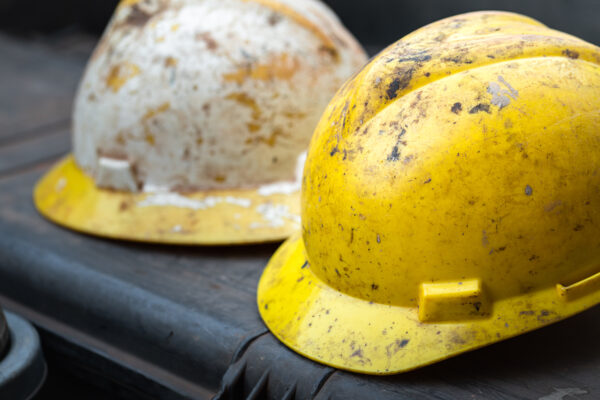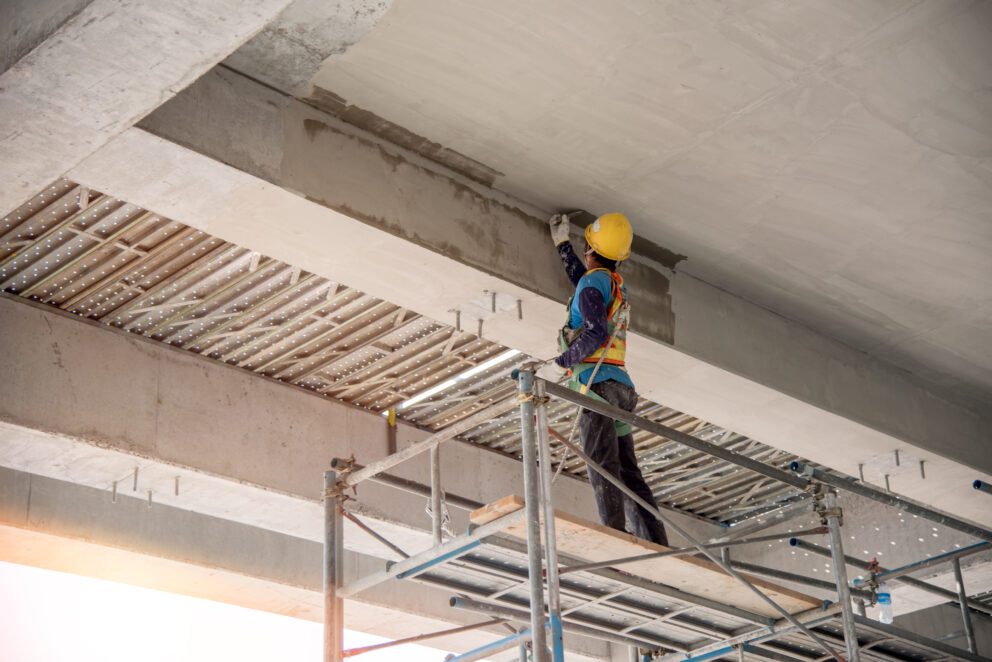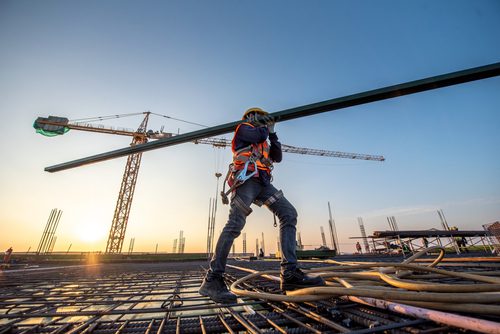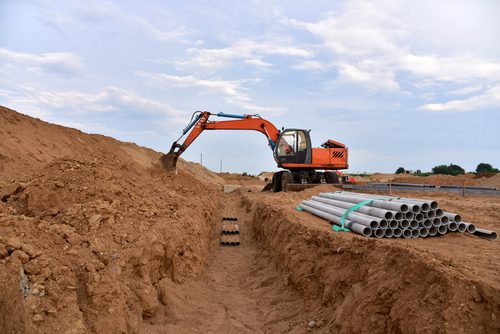The expiration date of a builder’s risk policy depends on several factors and is often in question by contractors and owners alike. Factors to consider include the policy term, the period of completion time frame and any coverage extensions.
What is a Builder’s Risk Policy?
Builder’s risk insurance is a form of property insurance that covers damage or loss to a construction project during the course of construction. This type of insurance is specifically designed to provide coverage for the building, materials, and equipment during the construction process.
- Builder’s risk coverage can be purchased by property owners, contractors, or other parties with an insurable interest in the project.
- These policies are highly customizable, and attention should be paid to all provisions while contemplating the placement of coverage.
Coverage Will End When One of the Following Occurs (Commonly):
- Policy Expiration: The policy expiration date is reached and without renewal or extension of the policy.
- Acceptance: The owner has taken acceptance of the building.
- Your Interest: Your interest in the property ceases, meaning you’ve been paid for the project.
- Completion: When the project has been completed for over 90 days (about three months).
- Abandonment: You abandon construction with no intent to complete it.
- Occupancy: The building or structure(s) have been occupied, in whole or in part, or put to its intended use for 60 days (about two months). This time limit should be reviewed closely, as some insurance carriers may grant occupancy during construction.
Examples:
There are examples of situations when it can be difficult to clearly identify when the policy has ceased:
- The owner has started to lease apartment units on two floors of a four-floor project. The first floor is not yet complete, yet their tenants are starting to reside in the building. Do you know what options exist?
- There is a conflict on a project where the owner and contractor do not agree. The contractor refuses to continue with work, and the project stalls. If it goes longer than 90 days (about three months), whoever purchased the original policy must explain to the carrier how they plan to resolve the conflict to extend the policy. Otherwise, there could be an uncovered loss which could exacerbate the conflict further. The risks and impacts of a builder’s risk policy ending can be significant and can result in financial losses for property owners and contractors. It is essential to ensure that a builder’s risk policy remains in force until the completion of a construction project to mitigate these risks and impacts.
FAQs on Builder’s Risk Policies:
- Does a builder’s risk policy cover liability? Builder’s risk insurance policies typically do not cover liability. Liability coverage for construction projects is typically provided by a general liability insurance policy. We recommend exploring project-specific liability policies designed to cover construction projects during and after the completion of the project.
- How much does a builder’s risk policy cost? The cost of a builder’s risk policy can vary depending on a number of factors, including the type of construction, the value of the property being built, the location of the construction site, and the coverage limits.
- Do I need a builder’s risk policy? If you have an insurable interest in a construction project, such as a property owner or contractor, our opinion is that purchasing a builder’s risk policy to protect your investment during the course of construction is essential.
- How does a builder’s risk policy work? Builder’s risk insurance policies provide coverage for damage or loss to a construction project during the course of construction. Coverage limits and deductibles are typically established when the policy is purchased, and the policy will expire once the construction project is completed or the policy term expires.
- What does a builder’s risk insurance policy cover? Builder’s risk policies typically cover; damage or loss to the building, materials, and equipment during the course of construction. Coverage may also extend to include debris removal, soft costs, and temporary structures.
A builder’s risk policy is a critical type of insurance coverage that protects construction projects during the course of construction.
This type of policy provides coverage for damage or loss to the building, materials, and equipment, ensuring that property owners, contractors, investors and other parties with an insurable interest are protected from financial losses.
It is important for those involved in construction projects to understand when a builder’s risk policy ends, as this can have significant implications for coverage and potential losses. Making assumptions about coverage can result in devasting financial losses and litigation.
By understanding when a builder’s risk policy ends, those involved in construction projects can make informed decisions about when to renew coverage or seek alternative insurance options.
- This can help to ensure that construction projects are protected from financial losses due to unexpected events such as natural disasters or accidents.
- Furthermore, having a builder’s risk policy can provide peace of mind and security for those involved in construction projects. It can help to mitigate the risk of financial losses and ensure that the project can proceed smoothly, even in the face of unexpected challenges.
Overall, a builder’s risk policy is an essential type of insurance coverage for construction projects. Understanding when the policy ends is crucial for ensuring that coverage is maintained and potential losses are mitigated. By investing in this type of insurance coverage, property owners, contractors, and other parties with an insurable interest can protect their investments and ensure the success of their construction projects.
Material posted on this website is for informational purposes only and does not constitute a legal opinion or medical advice. Contact your legal representative or medical professional for information specific to your legal or medical needs.





